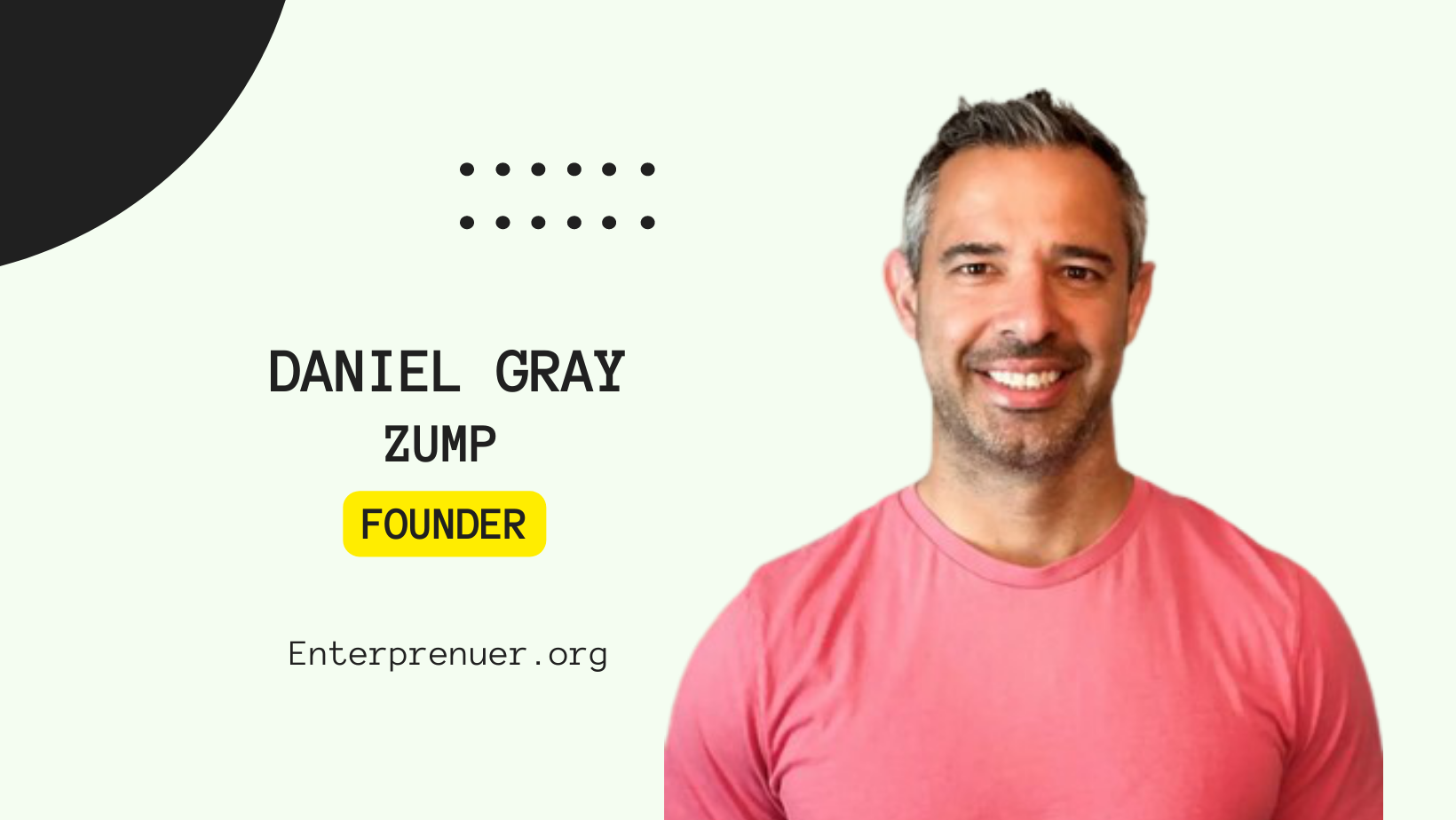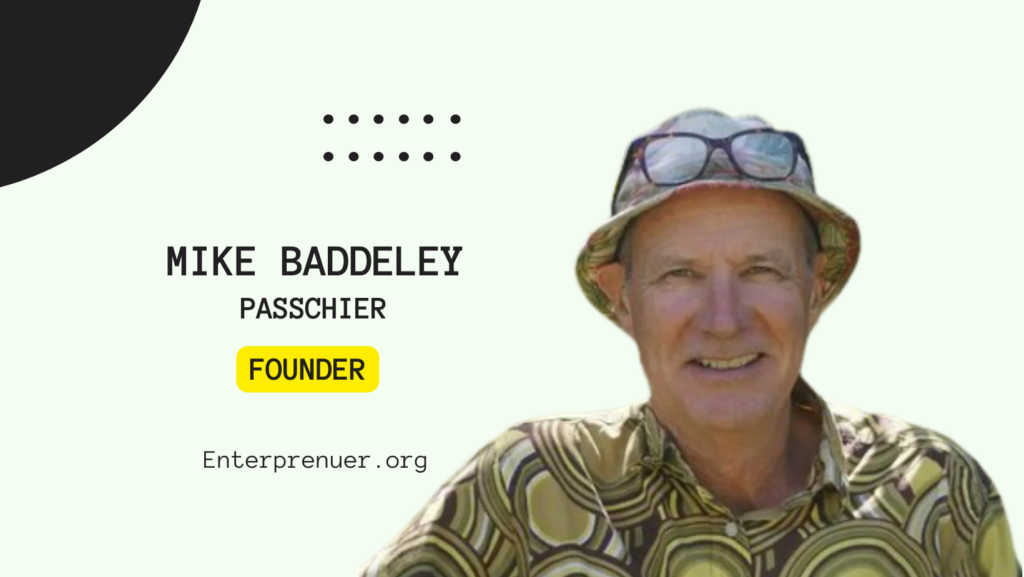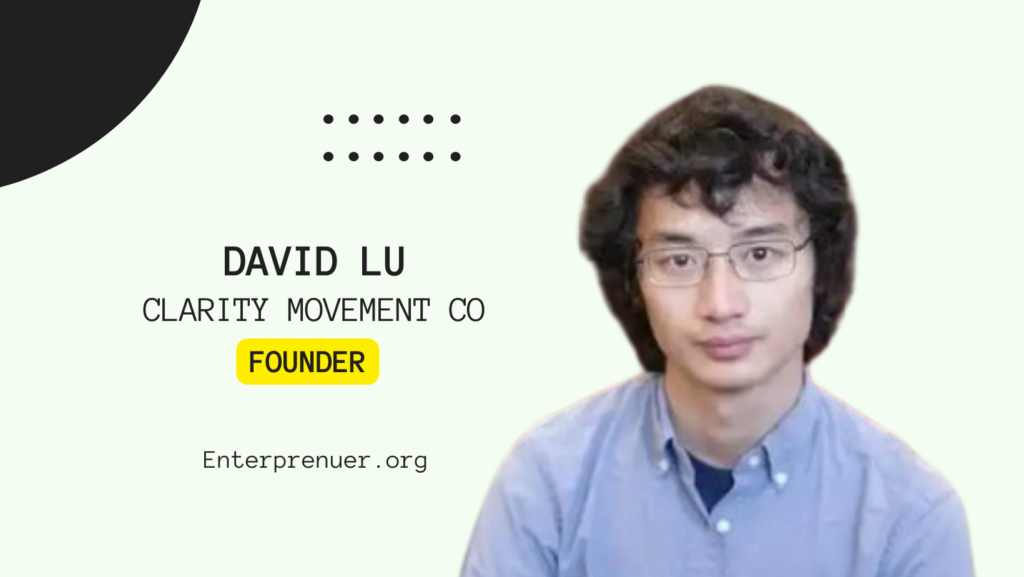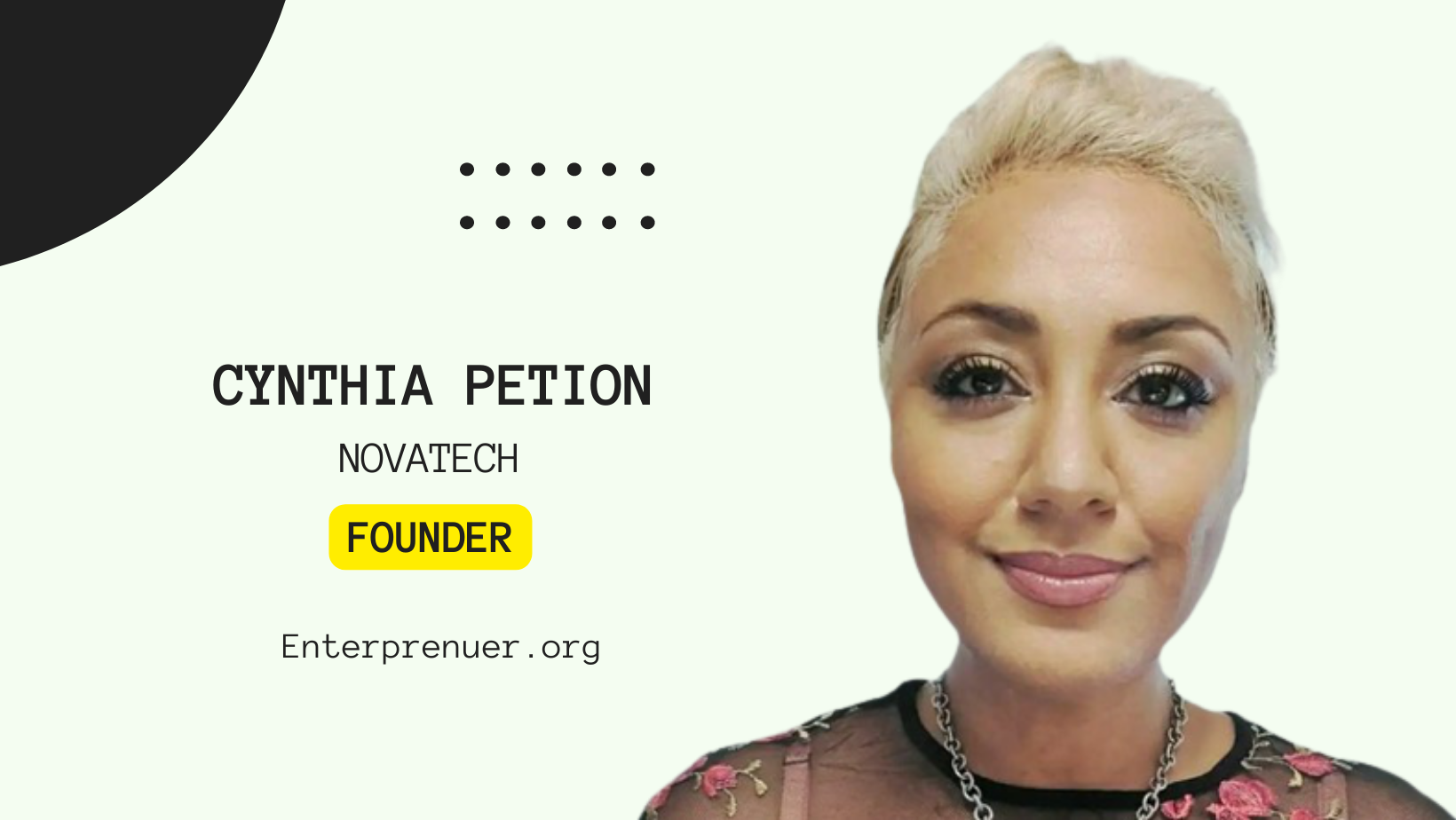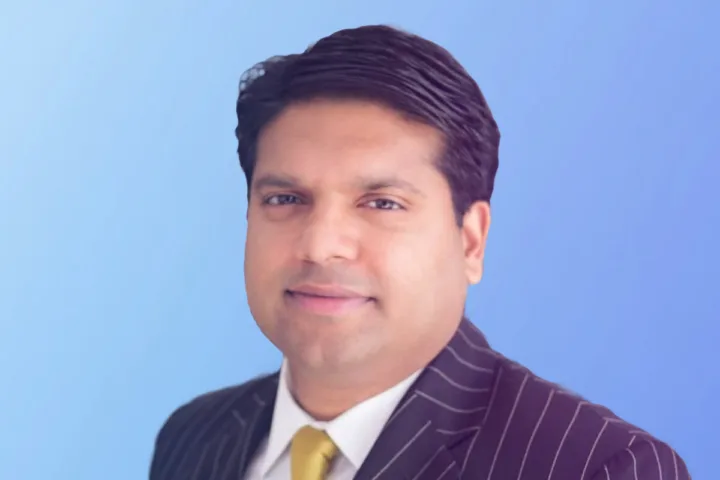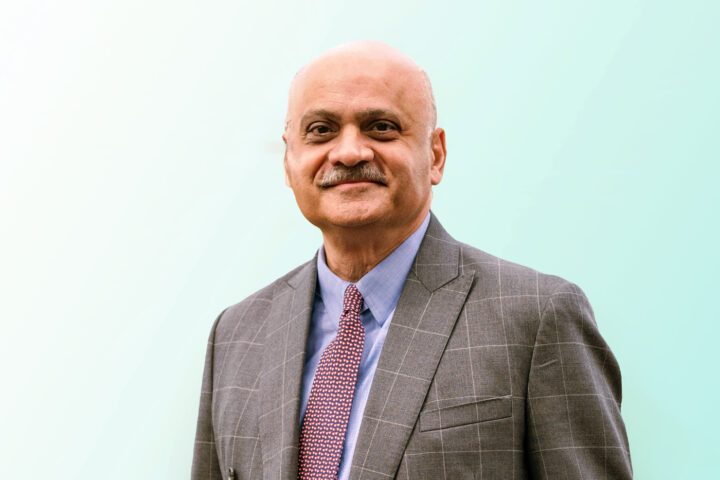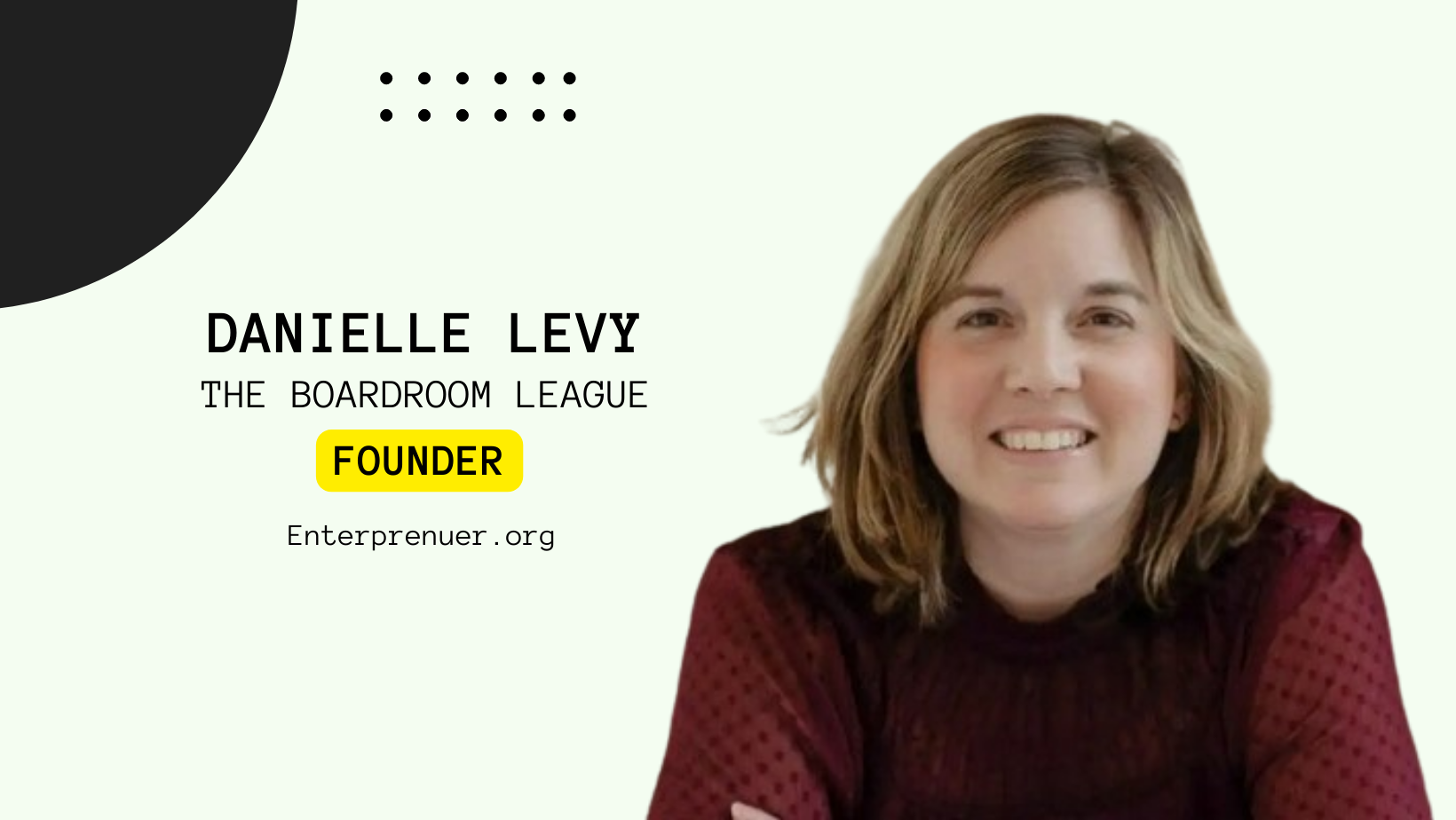Together with Jamie Gray, Danny Gray co-founded Zump.
Danny, a former professional rugby player and property developer works in a challenging environment.
His day-to-day work at Zump is no different. Together with Jamie Gray, Danny Gray co-founded Zump.
His 15-year experience in property gives him the knowledge and insight necessary to create a brand that shakes up the housing market.
Danny’s career in property began as a professional rugby player with Bristol Bears.
He continued his journey as a rugby player, moving around the UK for various Gloucester and Exeter Chiefs teams.
This spanned a 12-year career. He was determined to make each city his home and purchased properties to renovate and develop.
This resulted in a substantial portfolio of luxury student units in the UK, with over 118 in total.
Danny experienced the same problem when he moved from one city to another.
He spent days looking for properties on Rightmove but couldn’t find what he was looking for.
He reluctantly called estate agents to begin the complex selling process of his property.
Having grown tired of traditional estate agents’ inept and outdated service, Danny & Jamie launched NEXA Properties in Bristol in 2019.
This new company offers a better alternative to traditional estate agents.
Clients will have a dedicated account manager from the local industry who will serve as their single point of contact.
They only deal with one agent, and they receive a seamless and transparent service.
Next offers a commission-based incentive structure that rewards client account managers.
This structure is far more rewarding than the typical UK real estate agency structure and is focused on achieving the best results possible for clients.
Two years later, the brothers have launched Zump, an off-market property app that allows anyone to buy or sell their property more efficiently.
The app aims to reduce the market’s supply-side and connect more people to the homes they desire.
They launched their first UK launch in Bristol.
Their goal is to make it easier and cheaper for people to find the perfect home in the places they desire.
Danny enjoys spending his spare time with his family.
He is also keen to keep fit and ran a 100k race with his brother last year.
He balances this out by visiting new restaurants in Bristol and fulfilling his love for food.
What is the story of Zump?
One of the founders of Zump was the one who came up with the idea for Zump.
He was a property developer and spent much of his time knocking on doors and sending letters of interest through the letterboxes of others.
He couldn’t find the information he needed on websites or through agents.
He suggested creating a map and choosing the most important properties to you.
Then, he would use a natural agent to contact them.
Depending on whether they are on their books, they might drop off a note or call or email them.
Although we felt that the idea needed to be refined, the concept’s core was very appealing.
My brother and I spent several months deliberating on the problem.
After a lot of hard work, we tested the idea from all sides.
Finally, we came up with a solution that was exciting and satisfying for everyone.
Because I was so frustrated by real estate selling and buying, it resonated with me.
I’d spoken with so many people who shared my frustrations, and I realized that if we could solve my problem, then maybe we could help others.
How do you stay productive?
It all depends on the day. The week begins with a bang when I wake up Monday mornings, and I spend Sunday evening preparing for it.
I get up at 6 am to prepare for the day and help the children prepare for school.
Then, I will get up at 8 am to prepare for our weekly sales- and marketing reports at 9 am.
Our weekly retrospective or development planning meeting takes place at 10 am.
Two-week sprints are used to plan all technical tickets for the next sprint.
The Monday following is used to review the work completed, determine what still needs to be done, discuss what should be brought forward, and make suggestions that will improve our work environment and workflow.
I prefer to keep my calendar as open as possible and limit the number of meetings.
This allows me to be present and aware of what’s next. Each day, I keep a list of things I need to do.
These are saved into Trello and plugged in each evening as I plan for the next day.
We use Trello, Notion, and Slack as a team to manage our work. These are great tools for staying productive.
How do you bring ideas to life?
The sparks of an idea can be found anywhere and anytime.
I try to capture the spark as soon as possible, using my phone to take notes.
It is essential to take the time to think deeply about ideas before moving on to the next stage.
A long run is what I prefer to do. If I feel that something about the user experience, the product, or the business model is not correct, I will go on a long run to think it through and come up with a solution.
If I haven’t dealt with a particular problem before, I will research it.
I will explore how other companies solved the problem or did in similar situations. Which was their journey?
Airbnb is one of my favorite companies, and I use it as my first reference point.
Their design is robust, and their disruption of the leisure and hotel market is fascinating.
Airbnb is a company that leaves clues.
We can learn from their experiences, what worked for them and what lessons they learned along the way.
I use a wireframe to help me visualize an idea.
I also include visual design details and a brief for our designer.
What’s your favorite trend?
It’s exciting to work remotely or hybrid. Although I love where I live, I know that it is not the right place to call home.
I do not want to live in London or move there to succeed.
People are more productive and feel more at home in the environment where they feel most at ease.
It is not right to force someone to leave that environment.
This allows us to attract talent from all over the globe, such as three of our developers who are in Slovenia.
They’re amazing. They wouldn’t come over here, and we wouldn’t go there.
It’s exciting to see how this trend develops, as people don’t want to return to work full-time. Culture is a crucial element of this trend.
It would help if you made it strong and had excellent systems and processes to keep everything on track.
A team of top players can make a difference!
What habits make you productive?
My worst habit is that I can’t let go of anything. Ever.
I can’t rest until I find a solution or resolution to the problem that frustrates me.
I will continue to work on the problem until it is solved.
Concentrating like this helps me keep moving forward and doesn’t allow things to get in the way.
What’s your advice for the Noob?
Allow yourself to make mistakes. Every mistake is a learning opportunity.
A startup puts you in a completely new environment.
It would help if you were open to trying new things, failing, and learning quickly.
Although no one likes to make mistakes or actively seeks them out when I play rugby, I knew this would have been a great way to think.
Every mistake is an earth-shaking disaster.
This leads to people being afraid of making them, and they won’t even try.
My mistakes, not my successes, have been the most valuable lessons that I’ve learned.
I try to be more open-minded and see the value in the classes rather than dwelling on the failures.
What is one thing we can all agree on?
Professional sport does not give enough attention to psychology.
As a professional rugby player, I was constantly surprised by how much attention was given to the physical attributes of the game and how little was given to mental focus and strength.
Although rugby is more physical than mental, we never really focused on the material.
What do you recommend as an entrepreneur?
All of the work we do at Jump is constantly being reevaluated.
A small error suddenly becomes a big one in this environment.
It resulted from my professional sporting career when our games were evaluated every Monday morning with all the team and managers.
Every move and every action were carefully considered and analyzed.
This reevaluation is what I use to make sure we are successful.
Is there another way to do this? Does our approach work? Is it possible? What can we do to make it better? Our goal is to provide the best environment for our team to produce their best performances.
We do everything to provide the best possible product and user experience.
Two-week sprints are used, and there is a continuous loop of improvement.
You may have long-term goals that are not achievable in two weeks.
However, because we constantly reevaluate everything, it means that every week we do a retrospective of where we are at any given moment.
The following week we plan for the next two weeks, then it’s time to do a retrospective event planning.
This builds momentum. This is good for the team as they feel they are constantly moving forward and achieving.
What’s your rich strategy?
Our business structure has dramatically helped us to grow.
We have kept our team small and lean to ensure that we are agile and can react quickly to new situations.
Every member of the group is highly knowledgeable about their work, far more than I am.
That’s what it should be. It doesn’t matter if you’re the most intelligent person in a room.
That won’t make it easier for you to succeed.
Everyone in our team is focused on their task rather than helping others.
Everybody is an expert. We have surrounded ourselves with highly motivated people driven to achieve and high-performance by nature.
How do you overcome Failure?
My first failure as an entrepreneur was when I underestimated the cost of a specific development project. We also had overpaid for the land.
Although it ended up being okay, it was one of those situations where you can get too excited about the final result and forget the process involved in getting there.
It’s easy to get caught up in the numbers when you have a spreadsheet. To get there, you must take a long journey.
If you underestimate the process, you won’t get the desired result.
If you get too focused on the impact and forget about the process, you could become a disaster as a real estate developer.
We can then properly evaluate the situation and determine how it will affect the final result.
However, it is not always guaranteed. You must also realize that you cannot always know everything and be open to taking risks as an entrepreneur.
You can minimize the chance of failure by surrounding yourself with positive people and educating yourself with knowledge.
Can you share a business idea?
Although I don’t know if it has already been done, I would love for it too. Every month, I bring my car to the carwash.
Then, I waited for hours for a spot where my car could be washed.
It takes me 50 minutes to get it back and then I have to take it to the supermarket.This needs to be done differently.
It would be wonderful to arrange a time and location that suits me quickly and then have someone come and clean the car before I know it.
I would double the number of times I have my car washed.
What’s your recent best buy?
When I was in Dubai, I wore a pair of Nike Pegasus.
I have always suffered from bad plantar fasciitis.
I was wearing flip-flops everywhere on holiday.
I was so pain-stricken that I decided to go to a Nike store and buy these trainers.
Within two days, the pain was gone, and I was happy.
These trainers are my go-to now.
What are your favorite Softwares or Apps?
Notion. It is our tool for managing work and production. We couldn’t do it without it.
Which book would you recommend?
How Innovation Works by Matt Ridley is a great book.
This book is an excellent resource for entrepreneurs looking to innovate and change the industry.
As a startup founder, I can think back to a year ago and see how much my understanding and knowledge have improved.
What’s your favorite quote?
Success is a sign of success. This is something that I have always done well since I was a child.
I watched only the best rugby players, whether they were playing in trials or on television.
I was a watcher, listener, learner, and always in a state of constant improvement.
Although it’s easy to find the best people in sport and learn from them, it was not easy after retirement to find the next set.
You will eventually find them on YouTube, podcasts, or if you are lucky enough or proactive enough, you’ll meet them in person.
TL;DR by Daniel Gray
- How to make mistakes and become more knowledgeable.
- To increase your success, you can use the current trend in remote and hybrid work.
- Reevaluating everything you do should be at your core of your work.
